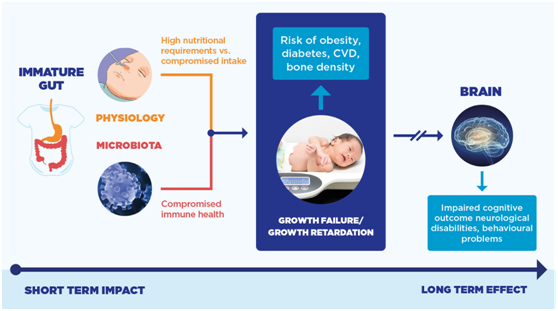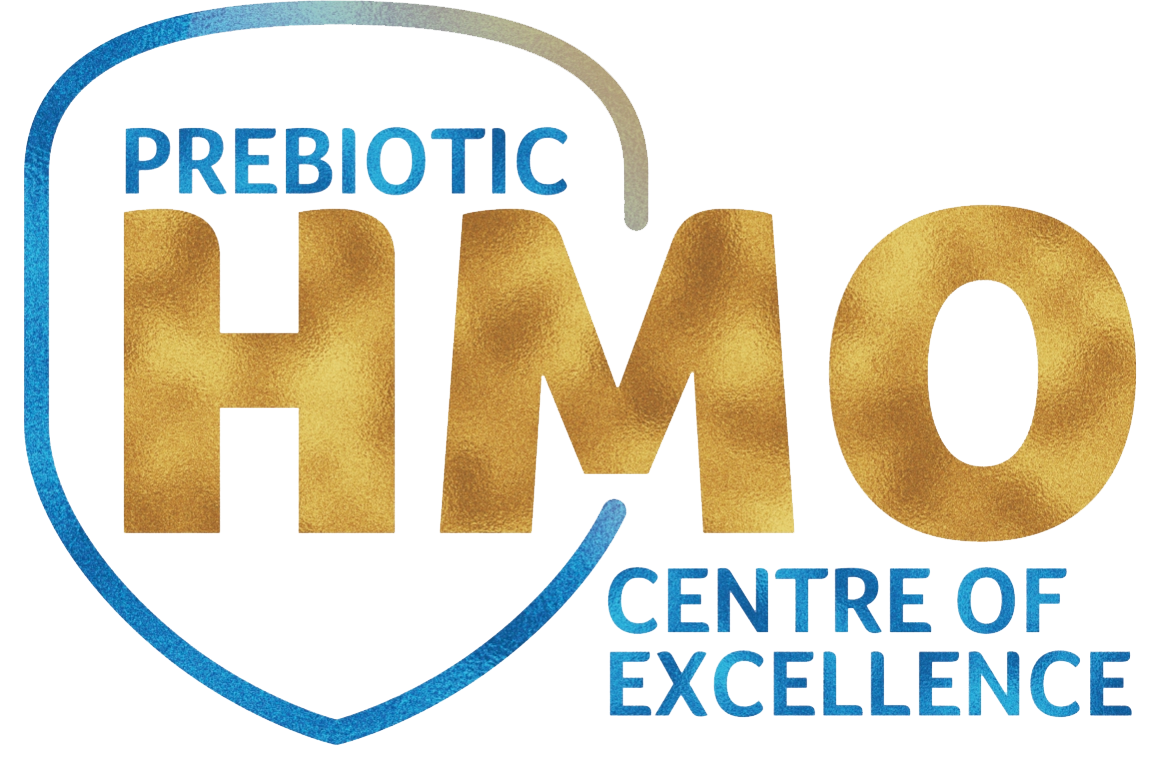
Immune and Gut Microbiota Challenges of A Pre-term Infant
Last trimester of pregnancy is said to be the most critical phase of intrauterine growth. It is during this period that maximum growth changes are experienced by the fetus, with a marked increase in the functional capacity of the developing organs. Infants born before the completion of the 37th week of pregnancy are termed as ‘preterm infants’. Every year, around 3.5 million preterm infants in India are born. Preterm infants face substantial challenges that are more severe than their full-term counterparts.
The major challenge is faced by health care professionals is to keep these infants alive. Since these infants are born before term, their body is less prepared for the outside world and therefore, the risk of mortality is the highest among them. However, the first 1000 days of life tend to have an essential power to influence preterm infant’s health.
Appropriate nutrition in the early developmental phase ensures adequate maturation and development of all the organs and it also develops it's the ability to adapt to the changing environmental conditions lifelong. The gastrointestinal (GI) tract is also seen to undergo rapid growth and differentiation during the first 1000 days of life. Ensuring the healthy development of the gut is of major importance as the gut function is inextricably linked to our overall health, wellbeing, and growth. Along with provision of digesting and absorbing the provided nutrients and metabolising them effectively, an intact healthy gut is also capable of strengthening the immune system.
The pattern in which the microbes colonize the gut during early life is also known to influence the establishment and maturation of developmental pathways. In case a preterm, achieving adequate growth of gut microbes is difficult. This could be attributed to the several medical interventions (e.g. feeding intravenously), hospital environment with potential pathogens and prophylactic use of antibiotics in preterm infants. A high population of gram-negative organisms is found to colonize the preterm gut at birth. The delayed microbial colonisation and compromised microbiota development result in inadequate intake, uptake and usage of nutrients which may tend to negatively affect their immunity and in turn their growth rate.
Intestinal microbiota plays a vital role in the development of the immune system. In the case of preterm infants, an immature gut coupled with delayed colonization results dysbiosis which increases the risk of infections such as necrotising enterocolitis, which may compromise survival and/ or growth.
As such, providing appropriate nutrition to meet the high nutrient and energy requirements and support the colonisation of healthy intestinal microbiota is essential to improve gut and immune health. Together, these factors create an environment for long term health.






